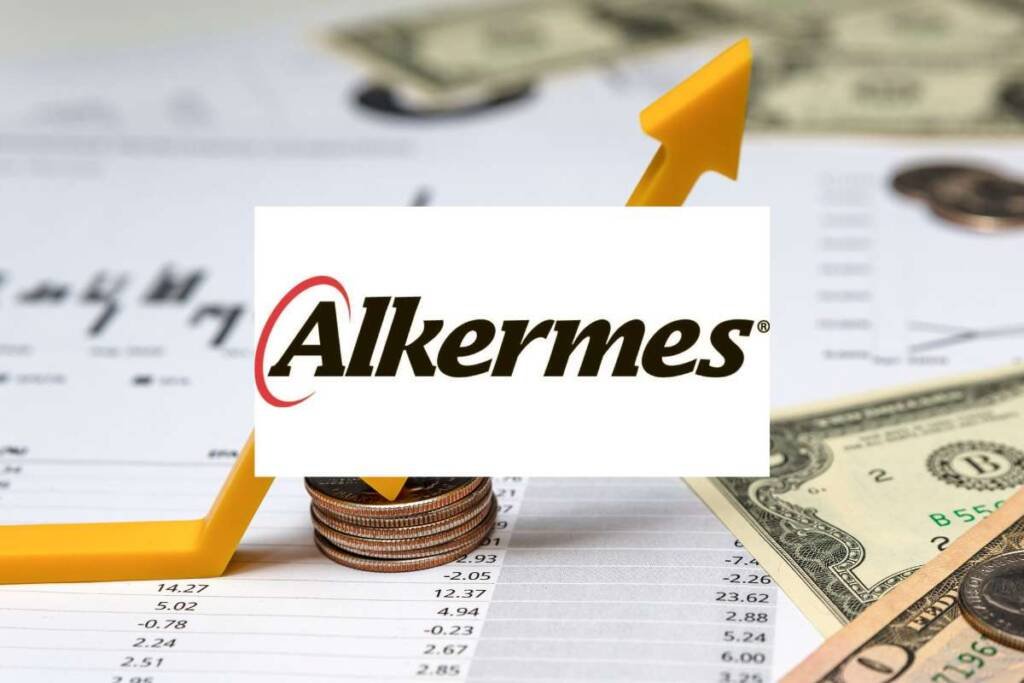Alkermes is feeling confident about its prospects for the second half of 2023, after winning a big arbitration case against Johnson & Johnson last month and seeing a rise in its own product sales. The company has raised its 2023 sales forecast by $425 million to a range of $1.55 billion to $1.68 billion and has shared some details behind the new guidance in its second-quarter results.
The arbitration case involved J&J’s schizophrenia drug Invega, which uses Alkermes’ NanoCrystal technology to enhance the solubility and bioavailability of the active ingredient. Alkermes claimed that J&J had underpaid royalties for the use of its technology and sought $560 million in damages. The arbitrator ruled in favor of Alkermes and awarded it $378 million in back royalties and interest, plus ongoing royalties until 2029. Invega is a blockbuster drug that generated $4.1 billion in sales for J&J last year.
Alkermes said that it expects to receive around $197 million from J&J in 2022, which includes royalties and interest for 2022, as well as some payments for previous years. For 2023, the company expects to receive between $265 to $280 million in royalties from J&J, according to an investor presentation.
The arbitration win boosted Alkermes’ revenues to $617 million this quarter, of which $248 million came from the J&J case. The company also reported a 21% increase in sales of its own products, which reached $231.5 million.
Alkermes’ products include Vivitrol, an injectable medication for opioid dependence, which brought in $102 million this quarter, up 6% from the same period in 2022. Another product is Aristada, an injectable medication for schizophrenia, which earned $82.4 million this quarter, up 10% from the same period in 2022. Alkermes expects Vivitrol sales to be between $380 million and $410 million for the full year, while Aristada sales should be between $315 million and $345 million.
Alkermes’ newest product is Lybalvi, a pill for bipolar disorder 1 and schizophrenia, which was approved in 2021. Lybalvi had a remarkable sales growth of 134% compared with last year’s second quarter, reaching $47 million during the period. The company expects full-year revenues for Lybalvi to be between $180 million and $205 million.
Alkermes is also preparing to spin off its oncology business into a separate, publicly traded company called Mural Oncology. The spin-off is expected to happen in the second half of this year, subject to approval by the board and other conditions. The oncology business includes several experimental drugs for various types of cancer.
Alkermes’ board recently faced a challenge from Sarissa Capital, an activist investor that wanted to replace three of its directors with its own nominees. Sarissa Capital argued that Alkermes was undervalued and needed a change in strategy and governance. Sarissa Capital had previously succeeded in overhauling Amarin’s board earlier this year. However, Alkermes’ shareholders rejected Sarissa Capital’s nominees and reelected all seven of its existing directors.





























